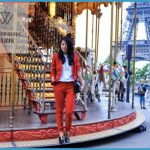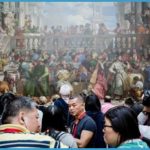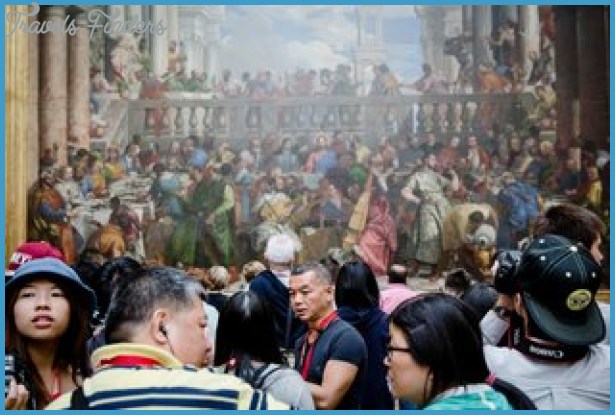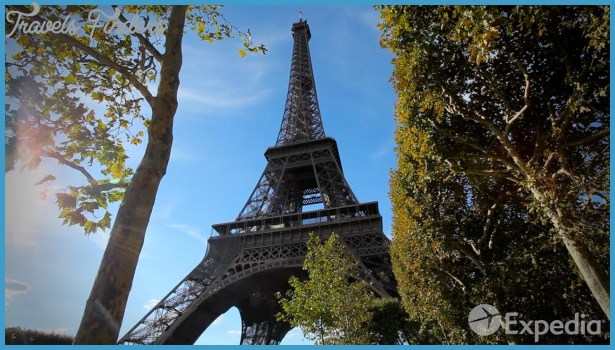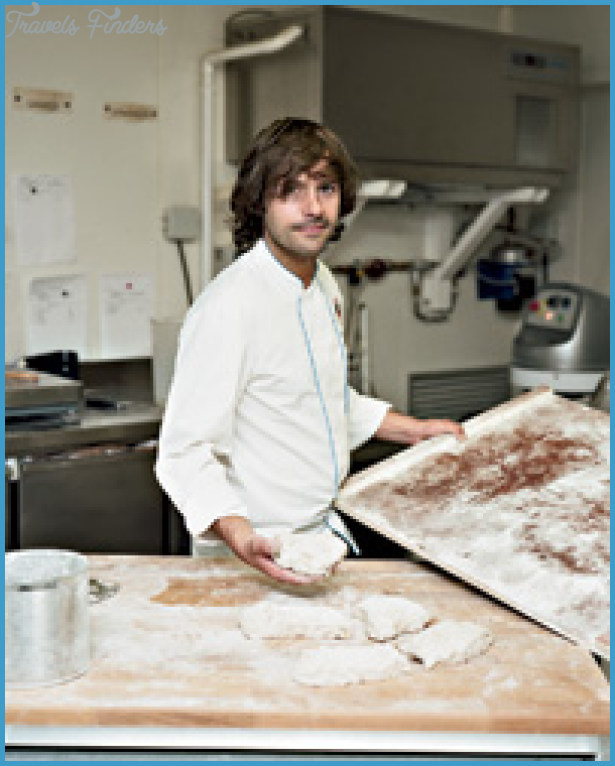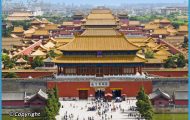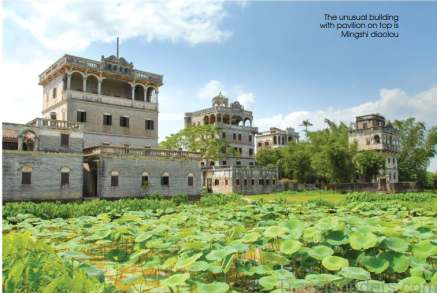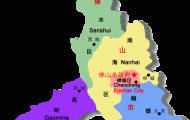In 1905 he founded the Republican Party, later to be known as Kuomintang. In accordance with his Western-style democratic and libertarian ideals the slogan he adopted was “Independence, Parliamentary Democracy and Agrarian Socialism”. After the republic was proclaimed-having played a part in its emergence, although in exile -he returned to China in 1912 to become president. He was, however, forced to resign after just a few weeks in order to avoid civil war. He was succeeded by Yuan Shi-kai, a close associate of the Manchu Dynasty, landowners and an ally of foreign powers. Sun Yat-sen was obliged to return to exile. Once again he sought control over the democratic movement and with the help of the Chinese Communist Party and Russia he masterminded the rebellion against the Warlords.
He managed to win control of parts of southern China and in 1923 Sun installed a revolutionary government in Canton. Chiang Kai-shek took control when Sun died two years later but he soon distanced himself from Sun’s political legacy and led China into a civil war. Sun Yat-sen’s contributions to political thought are contained in two works “The Three Principles of the People” and “The International Development of China”. His wife Soong Ching-Ling sought to advance his ideas, but moved towards the Communist Party and remained closely linked with it for the rest of her life.
The painter, poet, calligrapher and musician Wang Wei was born in Wang Wei Taiyuan. In 721 he passed the highest state examination asChin-shih to (699-759) become a senior government official. In 730 after his wife died he distanced himself from the imperial court, where he was highly respected, to lead a reclusive existence. When the emperor was deposed. In 756 he was invited by the leader of the rebels An Lu-shanto resume his duties in the service of the state. However he quickly found himself in prison when the capital was reconquered. Wang was soon pardoned, not just because of the intercession of his brother who had remained loyal to the emperor, but also because he had written a poem entitled “Frozen Pearls”, in which he expressed his sadness at the fall of the imperial house. But the imprisonment had left him so physically and mentally scarred that he died two years later in Chang’an (now Xi’an).
Wang was the father of monochrome landscape painting and he remains the finest exponent of Chinese landscape painting. He is also regarded as the founder of what was known as the “Southern Tendency”. The artist presents the landscape on a spiritual and yet realistic plane.
Only copies of his work remain. Wang’s most celebrated work is a landscape scroll in which his country house at Wang-ch’uan near Chang’an is portrayed. On the death of his mother he converted the house into a Buddhist temple.
The painter/calligrapher Wang Xizhi is regarded as a master of this Wang Xizhi particular art form and responsible for present-day Chinese script. He (c- 321-379) used the “grass script” (kaoshu) in which several symbols are drawn linked together by one flowing line. Only copies of his 8th c. calligraphy exist and none of his paintings remains. The copies give a clear indication of the extraordinary beauty and expressive power of his script, which is characterised by an expressive, flowing elegance. Born into a wealthy southern Chinese family in 1898, Zhou Enlai stu- Zhou Enlai died in Tianjin where he met his wife Deng Ying Chao, one of China’s (1898-1976) first female academics. He later went on to study in Japan, France and Germany where he was active in student politics. While in Europe he became a member of the overseas section of the Chinese Communist Party which was formed in Shanghai. In 1924 he returned to China and from then on played an important part in the party’s hierarchy where he was able to demonstrate his immense organisational and diplomatic skills. While the Communist Party retained its links with the Kuomintang, he was the political leader of the Whampoa Military Academy and, during the Long March, political officer for the Red Army. He always maintained a close, friendly relationship with Mao even though the two men did not always share the same views, particularly in relation to the role which Zhou Enlai played in the late 30s as representative of the party at the Third International. Mao’s position at that time was openly at odds with that of the Chinese Communist Party and the Soviet Union.

